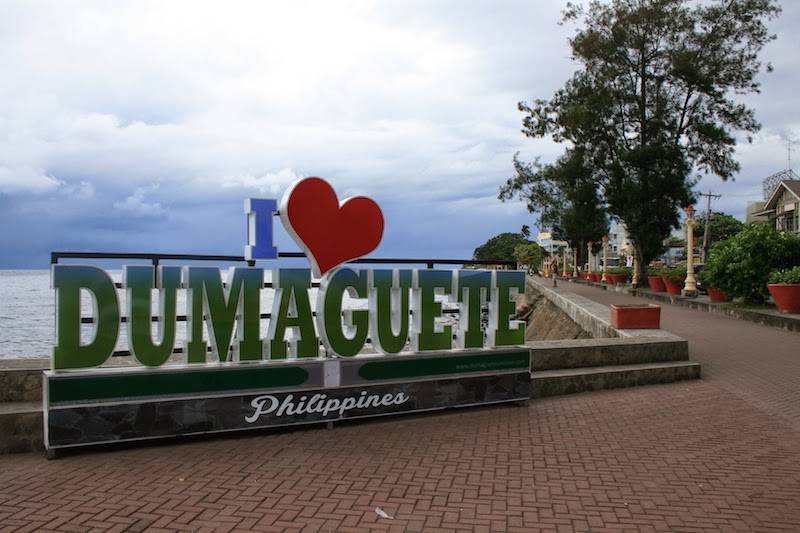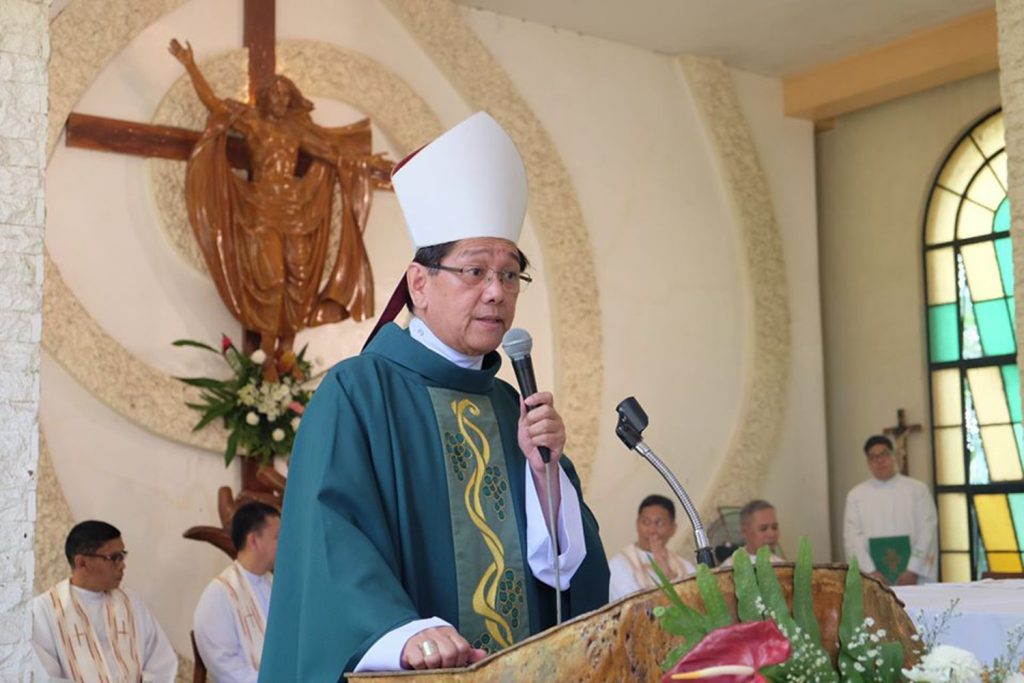
Faith-based group Philippine Misereor Partnership, Inc. (PMPI) raised “grave concern” over the proposed 174-hectare reclamation project and construction of a “Smart City” in Dumaguete City.
The group said the 23-billion-peso Private-Public Partnership project “is questionable at best, and catastrophic at worst.”
“The establishment of the “Smart City” mainly for profit-generation to the detriment of Dumaguete City’s marine biodiversity and which can lead to increased vulnerabilities to disasters, is not a smart move at all,” read PMPI’s statement on July 27, Tuesday.
The group urged the local government of Dumaguete to “rethink and reconsider” is decision over the “irreversible damage of the reclamation project.”
“The environmentally-conscious people of Dumaguete would not want mountains, hills and rivers in other parts of the country to be desecrated for their comfort,” said PMPI.
On Tuesday, the city government started community-level public consultations on the project with a meeting with 30 village heads.
The local officials were told to hold discussions in their respective communities “to facilitate the dissemination of facts and address the concerns of the people.”
The city mayor, Felipe Antonio Remollo, said the concerns raised “will be submitted to the national agencies that will review and ultimately approve or disapprove” the proposed project.
Remollo said he will “not allow the project to proceed if all legal requirements are not complied with and if it puts the best interests of the people of Dumaguete City and the environment in jeopardy.”
PMPI said in its statement that reclamation activities disrupting the balance of marine ecosystems “exacerbates impacts of climate change and weakening the city’s natural defense against it.”

The Diocese of Dumaguete has earlier expressed opposition to the government project, which environmental activists said will affect four marine protected areas, including “more than 200 species of fish.”
Bishop Julito Cortes of Dumaguete said the community should have been consulted before the implementation of the project.
“This goes without saying that the technical processes involved have been found wanting … in as far as environmental and public interests are concerned,” said the prelate.
“We strongly believe that massive projects … must also consider scientific and environmental implications, not to mention its impacts on cultural and moral life of the people in the local community,” he added.
A study done by eight environmental scientists warned that the project “will directly destroy, literally bury, the few remaining coral reefs, seagrass and soft-sediment ecosystems that support small-scale fisheries” around Dumaguete.
“About 60 percent of these fish species are relied upon by local fishers in Dumaguete for livelihood and subsistence,” read the group’s statement.
The scientists said the reclamation project will have a “direct and indirect” impact on the 104 hectares of the city’s four marine protected areas.”
The group said if the project is implemented, the city of Dumaguete “will renege on its commitment to do its part in marine conservation for the province, region, and country.”
Source: Licas Philippines
0 Comments